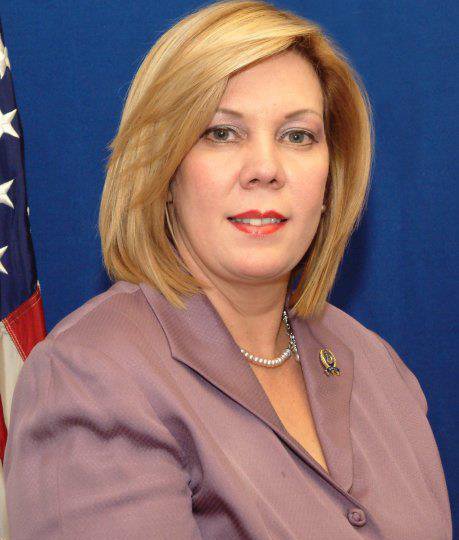
Establishes Important Notice and Safety Restrictions on the Use of the Devices
TRENTON – Legislation sponsored by Senator Nilsa Cruz-Perez establishing new policies to regulate the use of payment assurance devices by motor vehicle dealers and lenders is now law.
The law, S-2046, defines a “payment assurance device” as a device installed on a motor vehicle with global positioning system (GPS) capability allowing for the remote enabling or disabling of the motor vehicle, and which is installed pursuant to a consumer’s financing agreement or lease agreement.
“A payment assurance device is a powerful and unique tool in the auto loan industry and we have to make sure it is not being abused,” said Senator Cruz Perez. “While it is certainly the borrower’s responsibility to provide timely repayment of their loan, we must also ensure their safety is protected in the event they fall behind in their payments. This new law establishes important notice requirements and safety restrictions that will do that.”
The law will authorize a creditor to install, or have installed, payment assurance devices only if certain criteria is met including written disclosure of the installation and certain notifications are provided to the consumer either before or at the time the vehicle is purchased or leased. Presently, borrowers are not necessarily informed that the device has been installed in their vehicle, and there is no requirement that a borrower be notified prior to the disabling of their vehicle.
Other provisions under the law will require the consumer not be billed or charged a fee for the installation of the device. The consumer would have to be provided a warning no less than 72 hours before the vehicle is disabled remotely, and the warning must be transmitted through at least two modes of communication. Moreover, the creditor, or an agent, could not remotely disable the vehicle while it is being operated.
There have been reports that borrowers have had their vehicles disabled because they were one day late on a payment. Some borrowers have even indicated that their vehicles have been disabled while they were driving.
A violation of the law by a creditor would be an unlawful practice under the Consumer Fraud Act, which would be punishable by a monetary penalty of not more than $10,000 for a first offense and not more than $20,000 for any subsequent offense.
S-2046 cleared the full Senate 26-10 and cleared the Assembly 53-21. The law will take effect on the first day of the fourth month following enactment.

